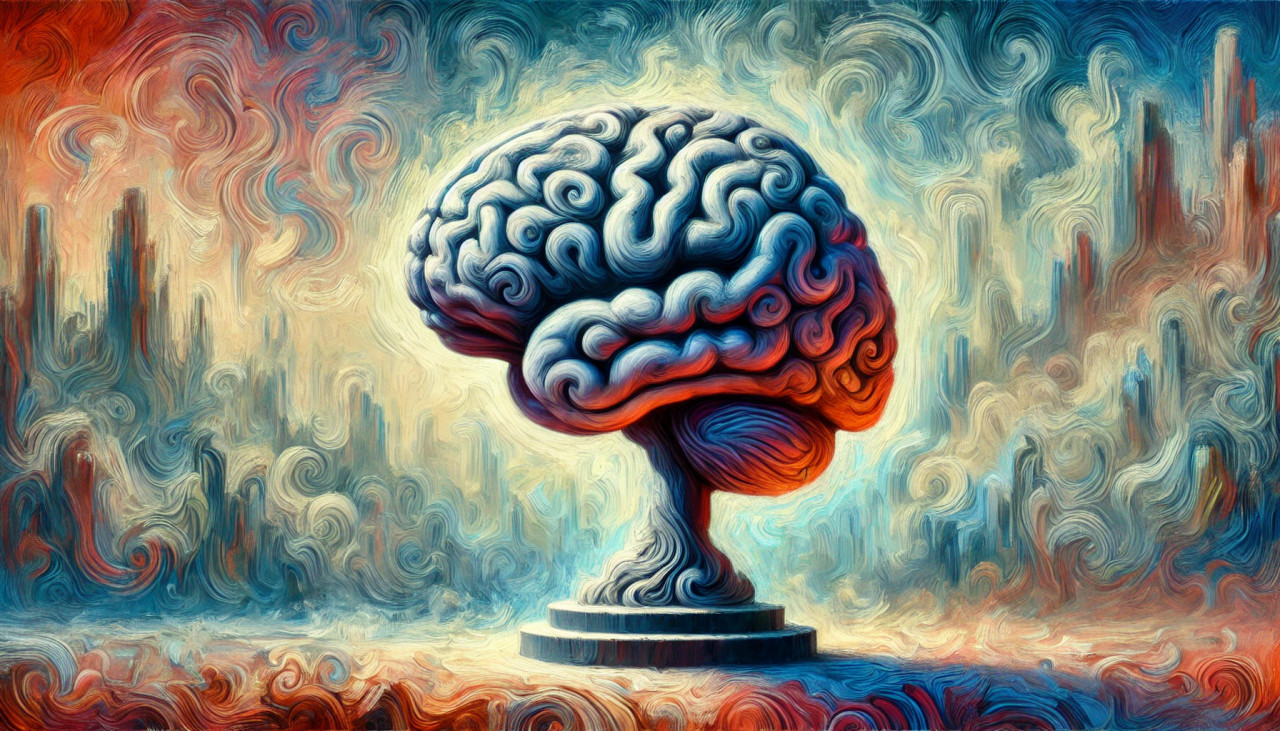
In this blog, we delve into the concepts outlined in our paper, Memory Matters: The Need to Improve Long-Term Memory in LLM-Agents. As Large Language Model (LLM) Agents become increasingly capable, it is paramount to equip them not only with advanced reasoning skills but also with well-structured long-term memory systems.
In cognitive science, three key forms of human memory—procedural, semantic, and episodic—highlight how we store and retrieve information. By applying these categories to LLM Agents, we gain valuable insights into how they can retain and utilize knowledge more effectively.
Procedural memory, in human terms, covers the “know-how” aspect of memory—skills and sequences of actions that become automatic through practice (e.g., riding a bicycle or touch-typing). For an LLM Agent, procedural memory parallels the internal routines, processes, and algorithms that the model follows to perform tasks consistently.
By refining these procedural methods, an LLM Agent can excel in diverse operations—from navigating external APIs to implementing reasoning sequences that break down complex user queries.
Semantic memory comprises general factual knowledge about the world, enabling humans to recall everything from the capital of a country to the basic properties of an element. Within an LLM Agent, semantic memory refers to the factual and conceptual information gathered through training data and subsequent updates.
This core knowledge base enables the agent to engage in coherent, well-informed discussions and handle user queries with a high degree of specificity.
Episodic memory pertains to personal experiences and the context in which they occur, such as recalling the details of a conversation you had earlier in the day. In an LLM Agent, episodic memory captures the history of its own interactions and experiences during a session.
Incorporating a robust episodic memory enables LLM Agents to craft context-rich conversations, remember past user inputs, and deliver more tailored and dynamic interactions.
By weaving together these three forms of memory, developers can design LLM Agents that exhibit greater cognitive sophistication. Such agents will be better equipped to handle complex challenges, maintain continuity in longer dialogues, and dynamically adapt to individual user scenarios—ultimately moving us closer to truly intelligent, context-aware AI solutions.